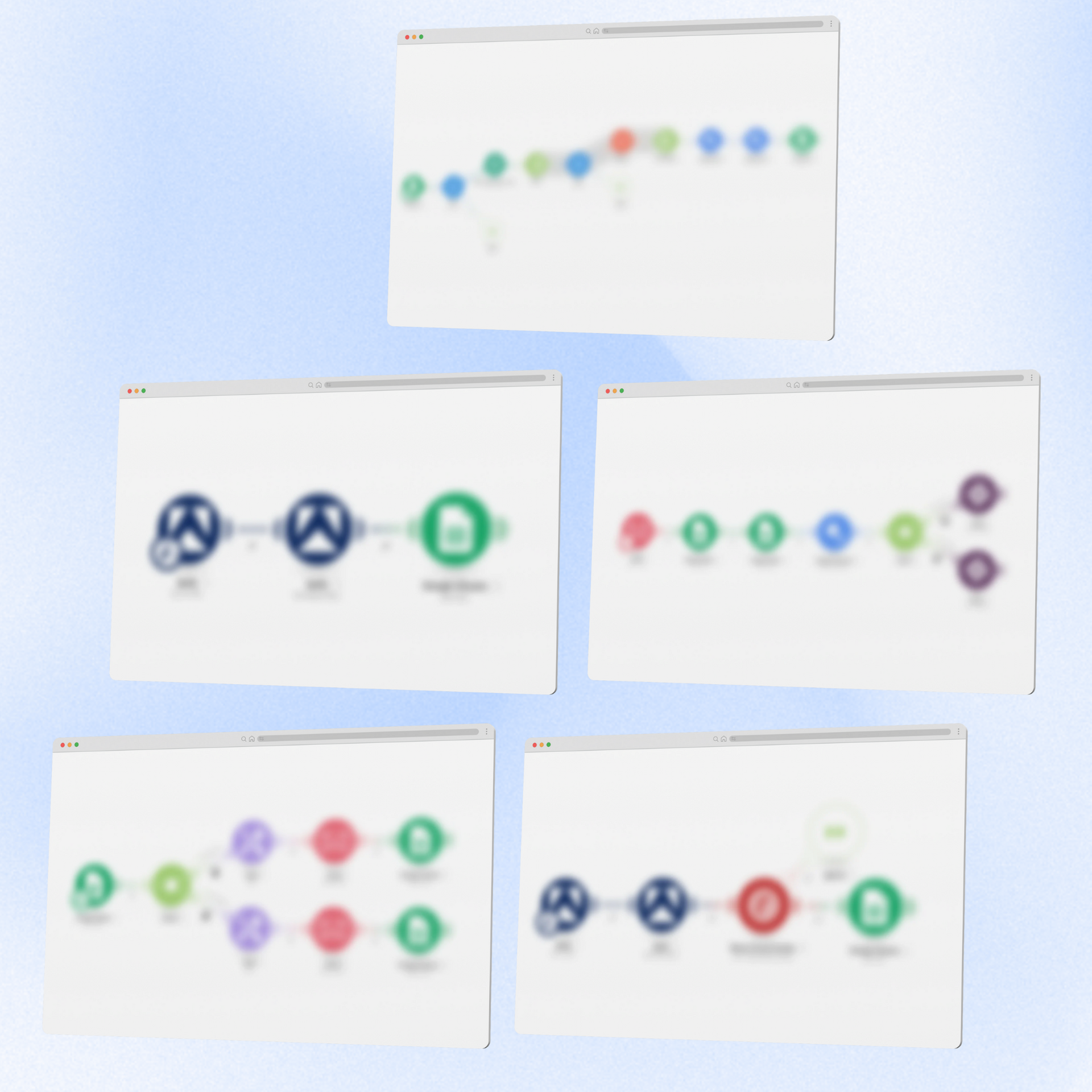
Good morning! Today is Friday, April 25, 2025.
We have some exciting AI news today: OpenAI has introduced a streamlined version of its Deep Research tool, and MIT researchers have unveiled a "periodic table" for machine learning algorithms, aiming to accelerate AI innovation.

1. OpenAI Launches Lighter, Faster Deep Research Tool for ChatGPT Users
OpenAI has rolled out a new “lightweight” version of its deep research tool in ChatGPT, now available to Plus, Team, and Pro users — and even free users starting today. Powered by the o4-mini model, this version delivers shorter but still high-quality research responses, allowing for higher usage without sacrificing depth. Once users hit their limit on the full version, ChatGPT will automatically switch to this lighter mode, keeping the insights flowing. It’s OpenAI’s latest move to keep up with the research arms race against Gemini, Copilot, and Grok.

2. MIT Unveils “Periodic Table of Machine Learning” to Spark the Next Wave of AI Innovation
MIT researchers have created a groundbreaking “periodic table of machine learning” that maps how 20+ classic algorithms are mathematically connected — and it could be the key to building better AI. Inspired by chemistry’s periodic table, the new framework reveals hidden links between existing methods and helps scientists fuse them to create entirely new, more powerful algorithms. In fact, the team already used it to develop an image classifier that outperformed the state-of-the-art by 8%. The table also predicts “missing” algorithms, hinting at a whole new frontier of AI discovery.

3. China’s Manus AI Raises $75M, Hits $500M Valuation to Take On OpenAI
Chinese AI startup Butterfly Effect, the company behind Manus AI, has raised $75 million in fresh funding led by U.S. venture giant Benchmark — catapulting its valuation to $500 million. The buzz? Manus recently launched a powerful general-purpose AI agent that handles everything from resume screening to stock analysis, claiming to beat OpenAI’s Deep Research in several areas. With a $39/month subscription service now live, the company plans to expand into the U.S., Japan, and the Middle East.

Credit: Visual Capitalist
4. Why Training AI Models Is Now a Nine-Figure Game
The cost of training top AI models is skyrocketing, with Google’s Gemini 1.0 Ultra leading the pack at a jaw-dropping $192 million. A new chart from Visual Capitalist’s AI Week breaks down the eye-watering expenses behind today’s most powerful models—including GPT-4 ($79M), xAI’s Grok-2 ($107M), and Meta’s Llama 3.1 ($170M). While some startups claim cheaper options—like DeepSeek’s disputed $6M model—the trend is clear: building cutting-edge AI now requires supercomputers, elite talent, and massive capital.

5. Anthropic’s CEO Wants to Decode AI’s Black Box by 2027
In a bold new essay, Anthropic CEO Dario Amodei says it’s “basically unacceptable” that we still don’t understand how powerful AI models make decisions—and he wants to change that. By 2027, Anthropic aims to reliably detect most issues inside AI systems, pushing the frontier of interpretability research. Amodei envisions a future where AI “brain scans” reveal why models lie, hallucinate, or make weird choices—critical as we edge closer to AGI. He’s urging rivals like OpenAI and DeepMind to join the effort, and is even calling for light-touch regulations to keep the race responsible.

6. Baidu Powers Up 30,000-Chip Cluster to Train Next-Gen AI Models
At its annual developer conference, Baidu lit up a massive AI chip cluster built with 30,000 of its third-gen Kunlun P800 chips—enough firepower to train DeepSeek-like models with hundreds of billions of parameters. CEO Robin Li also revealed the company’s latest AI models, Ernie 4.5 Turbo and Ernie X1 Turbo, claiming top-tier performance in coding and language tasks. While Baidu has lagged behind rivals in chatbot adoption, it's betting big on AI integration across apps, declaring that “the application is the king” in China’s intensifying AI race.
How would you rate today's newsletter?
Stay tuned for more updates, and have a fantastic day!
Best,
Zephyr




